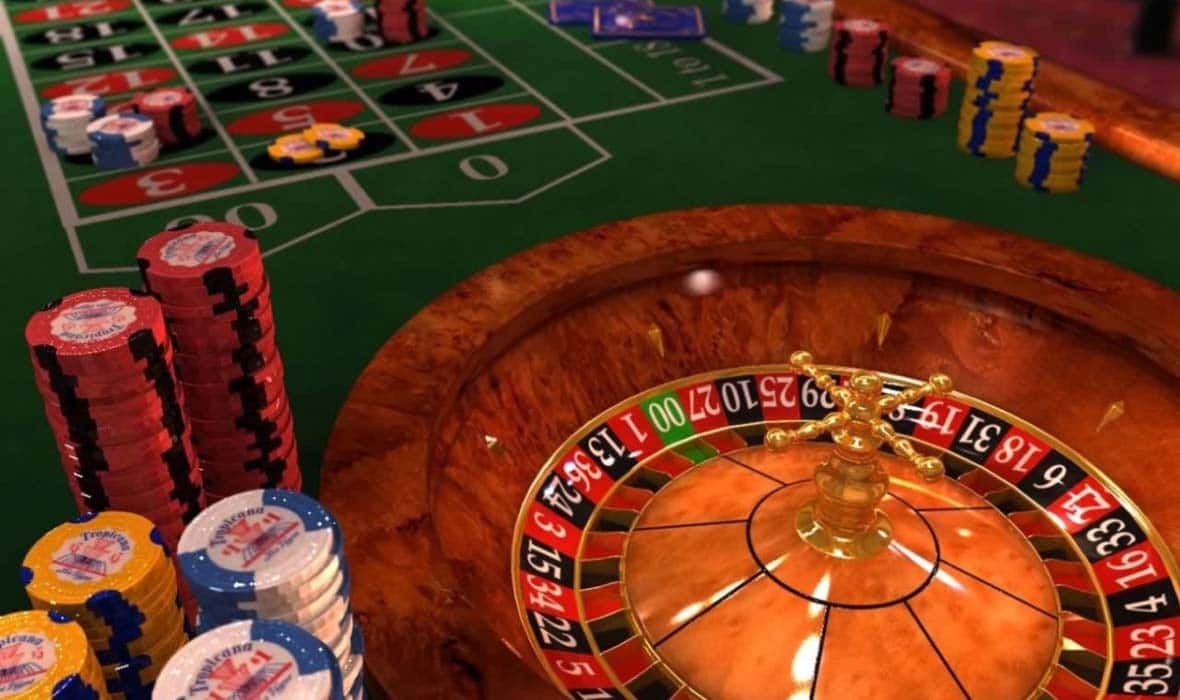
Betting has been an important part of human recreation for millions of years, developing through societies and periods to become the vibrant casino activities we know today. From the ancient Chinese and Romans, who participated in multiple forms of betting and chance, to the sophisticated gaming floors of contemporary casinos, the appeal of risk and reward has enchanted individuals across the globe. The change from simple dice games and rudimentary betting setups to the opulent environments of contemporary casinos reflects considerable strides in both social norms and technological.
As societies evolved, so too did the complexity of gambling activities, with gambling activities emerging as a separate category of leisure and excitement. These games have changed from informal gatherings centered around traditional tables to grand, lavish establishments designed to entice players. Today, we investigate this captivating journey, examining how historical practices laid the groundwork for the varied and exciting casino games that bring joy to countless people worldwide.
spintax
Historical Betting Traditions
Betting has significant roots in human past, with indications of activities of chance tracing back to ancient civilizations. Archaeologists have discovered that as far back as 3000 BC, the people of China were using rudimentary forms of betting with dice made from ivory. Similarly, ancient Mesopotamians engaged in betting activities, often relying on the throwing of lots or dice to determine outcomes. These early forms of gambling served not only as amusement but also played crucial roles in social and cultural customs.
The people of Egypt also were involved in betting activities, with games that included betting on the outcomes of various occurrences, including athletic events and spiritual festivals. Items such as dice and depictions of players from ancient tombs illustrate that betting was a popular pastime. It provided both entertainment and a means of engaging in social connections, often linked to joyful occasions or important gatherings. This behavior showed the universal appeal of chance and rivalry throughout the ages.
In ancient Rome, wagering became a widespread practice among the populace, as shown in references in texts and the establishment of guidelines around certain games. Romans enjoyed a variety of gambling activities, from betting on chariot races to playing games similar to modern-day board games. The legal system surrounding these activities began to take shape, establishing the foundations for gambling regulations that would evolve in the centuries to come. The fame of betting during this period set the stage for the development of casino games in the future.
The Development of Casino Games
Gambling games have undergone significant transformations from their roots to the contemporary entertainment selections. In historical civilizations, gaming was frequently connected to ceremonial practices, with dice games found in the ancient Mesopotamian region and wagering on the outcomes of events in ancient Rome. These initial forms of gambling laid the foundation for the organized games we see today. The transition from informal gambling to systematic games took place as societies began creating rules and venues for wagering, demonstrating cultural values and practices. bet88 com
The Middle Ages saw the rise of card games, which gained recognition among the nobility of Europe nobility. Games like primero and baccarat became mainstays in social gatherings. bet88 casino The development of printing technology additionally enabled the spread of playing cards, making them more accessible to the masses. As gambling houses began to proliferate, these card games evolved into different forms that appealed to wider audiences, eventually leading to the founding of casinos as dedicated venues for gaming.
The 1900s marked a significant point in the progression of casino games, with the ascendancy of commercial casinos in Vegas and other gaming hubs. This era brought forth games like video slots and modern versions of table games, complete with high-quality graphics and complex betting structures. The arrival of online casinos in the tail end of the 1990s additionally changed the gaming industry, allowing players to access a great variety of casino games from the comfort of their homes. Today, casino games go on to progress, blending time-honored elements with advanced technology to create engaging experiences for players around the globe.
Contemporary Gaming Regulations
In the past few years, the landscape of gaming regulations has evolved considerably, especially as tech advances and internet-based gaming have become increasingly prevalent. Regulatory bodies around the world have enacted multiple regulations and standards to make certain that gambling activities are carried out justly, with responsibility, and transparently. These regulations often cover factors such as permits, advertising, gambler protection, and responsible gambling measures. Authorities aim to reduce issues such as gambling addiction and cheating while supporting a equitable gambling environment.
The rise of internet gambling sites has required a new approach to regulation. Many legal areas have set up specific online gaming structures that cater to internet-based gambling, enabling operators to provide their offerings legally. These frameworks often require operators to obtain licenses, adhere to strict security standards, and provide assistance options to help players. By closely observing internet activities, regulators can better protect players from potential harm and make sure that gaming is conducted in a secure manner.
Moreover, contemporary gambling regulations are increasingly focusing on sensible gaming strategies. Many gaming establishments and online platforms now implement features such as self-exclusion, deposit limits, and breaks to help players control their gaming habits. Awareness campaigns aimed at educating about the risks of gambling are also frequent. As the sector continues to grow, the focus on responsible gambling continues to be a cornerstone of regulatory efforts, reflecting a dedication to promoting a secure and enjoyable gambling experience for all players.